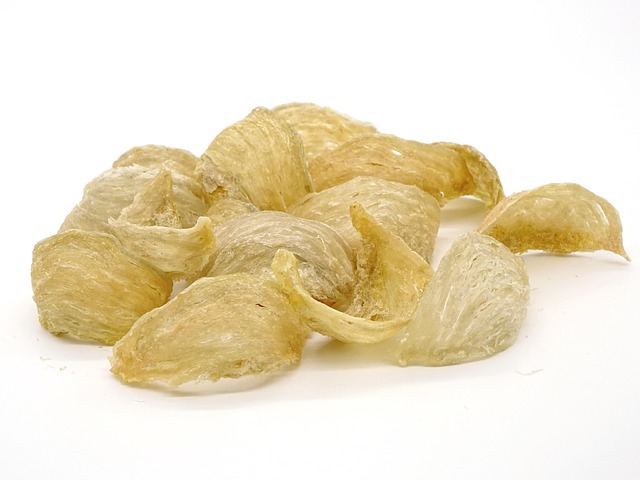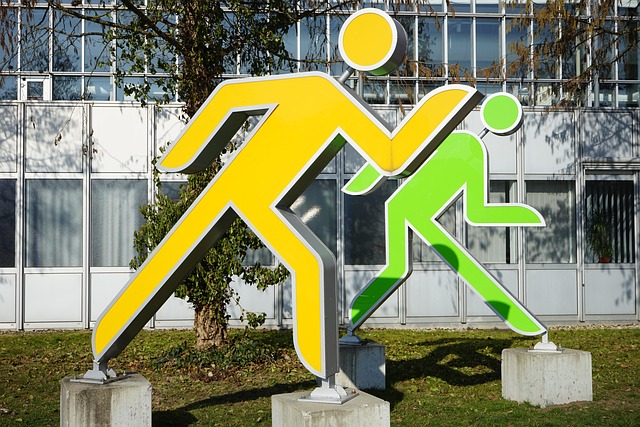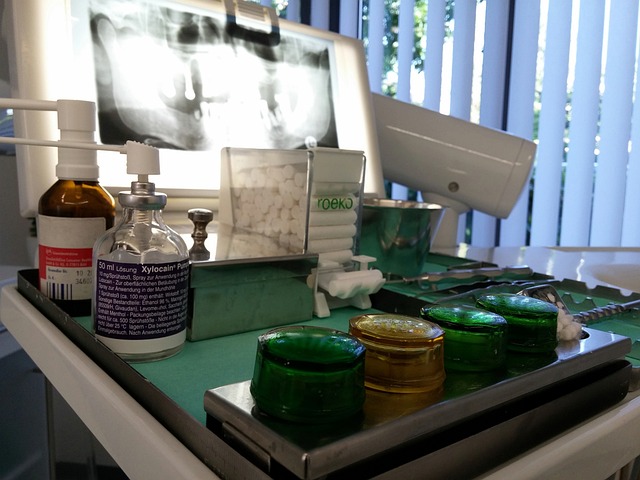Collagen stimulation is a growing field in skincare, focusing on non-invasive techniques to boost the body's natural collagen production for improved skin health and reduced aging signs. Topical creams, serums, laser therapy, and radiofrequency treatments are popular methods targeting specific skin concerns like wrinkles, fine lines, and loss of elasticity. Lifestyle changes such as a balanced diet, adequate sleep, exercise, stress management, and hydration also play a crucial role in enhancing collagen levels. With safety and effectiveness at the forefront, these techniques offer accessible ways to maintain youthful-looking skin, backed by ongoing research into personalized treatment options.
“Uncover the secrets to youthful, radiant skin with our comprehensive guide to non-invasive collagen boosting. As we age, collagen production wanes, leading to fine lines and sagging. This article explores innovative techniques to combat this natural process. From understanding the foundational role of collagen to uncovering the challenges of traditional supplements, we delve into top-tier solutions like topical creams, serums, and cutting-edge medical innovations such as laser therapy. Additionally, discover lifestyle adjustments to amplify collagen production and essential safety precautions for effective yet responsible collagen stimulation.”
Understanding Collagen: The Key to Youthful Skin

Collagen is a protein that plays a crucial role in maintaining the elasticity and firmness of our skin, making it essential for achieving youthful-looking skin. As we age, natural collagen production slows down, leading to fine lines, wrinkles, and loss of skin volume. Understanding this process is the first step towards appreciating the importance of collagen stimulation.
Non-invasive collagen boosting techniques aim to rejuvenate the skin by stimulating the body’s natural production of collagen. These methods use various technologies, such as certain topical creams, serums, and advanced skincare treatments, to encourage cell turnover and stimulate fibroblasts—the cells responsible for collagen synthesis. By activating these cellular processes, non-invasive procedures can help reduce visible signs of aging, improve skin texture, and enhance overall skin health.
The Challenges of Traditional Collagen Supplements

Traditional collagen supplements have long been a go-to for those seeking to enhance their skin’s elasticity and overall appearance. However, they come with several challenges. One major issue is absorption; oral supplements often struggle to deliver collagen peptides effectively into the skin due to digestive processes that break down these larger molecules. This means that not all of what you consume translates into the desired collagen stimulation at the dermis level.
Additionally, the bioavailability of collagen from supplements is generally lower than what the body produces naturally. The aging process decreases our natural collagen production, and while supplements can provide a boost, they often fall short in meeting the demand, especially as we age. This discrepancy highlights the need for alternative methods that can deliver more targeted and potent collagen stimulation without the drawbacks of traditional oral supplements.
Unveiling Non-Invasive Collagen Boosting Techniques

The pursuit of youthful, radiant skin has led to a surge in interest for non-invasive collagen boosting techniques. Traditional methods like injections have been complemented by innovative approaches that stimulate the body’s natural collagen production. These cutting-edge treatments offer a more subtle and gradual approach to skincare, appealing to those seeking long-term results without procedures that carry risks or downtime.
Collagen stimulation is achieved through various means, including topical applications of peptides and vitamins, laser therapy, and radiofrequency treatments. Each method targets specific skin concerns, such as fine lines, wrinkles, and loss of elasticity. By encouraging the body to synthesize more collagen, these non-invasive techniques promote smoother, firmer skin, resulting in a youthful glow that continues to develop over time.
Topical Creams and Serums: A New Frontier

In the pursuit of achieving youthful-looking skin, topical creams and serums have emerged as a promising avenue for non-invasive collagen stimulation. These formulations are now at the forefront of skincare innovation, offering an alternative to traditional invasive procedures. By delivering active ingredients directly into the skin, these products aim to reignite the body’s natural collagen production, a key component in maintaining skin elasticity and firmness.
The market is flooded with various creams and serums boasting collagen-boosting properties, often incorporating powerful peptides, vitamins, and antioxidants. These ingredients work synergistically to support collagen synthesis, protect existing collagen fibers, and improve overall skin texture. With consistent use, consumers can expect visible improvements in fine lines, wrinkles, and the overall appearance of aged skin, all while enjoying a non-surgical approach to skincare.
Medical Innovations: Laser Therapy and Beyond

In the ever-evolving landscape of skincare, medical innovations continue to push boundaries, offering non-invasive solutions for collagen stimulation. One such game-changer is laser therapy, which has revolutionized the way we approach skin rejuvenation. Advanced lasers can now precisely target specific skin layers, stimulating collagen production and enhancing skin elasticity without incisions or downtime.
Beyond lasers, various other techniques have emerged to tap into the power of collagen. Radiofrequency devices, for instance, use controlled heat to induce collagen synthesis, resulting in a smoother, more youthful complexion. Each method brings its unique approach to collagen boosting, catering to diverse skin types and concerns, thereby enriching the non-invasive skincare arsenal.
Lifestyle Adjustments for Optimal Collagen Production

To stimulate collagen production, making lifestyle adjustments is key. Collagen is a protein that provides structure and elasticity to our skin, hair, and nails, so its optimal levels are essential for overall appearance and health. A balanced diet rich in vitamins C and E, as well as certain amino acids like proline and lysine, can support collagen synthesis. Adequate sleep is another crucial factor, as it allows the body to repair and regenerate cells, including those responsible for collagen production.
Additionally, regular physical activity promotes blood flow to the skin, encouraging the delivery of essential nutrients required for collagen maintenance. Managing stress levels through techniques like meditation or yoga is equally important, as chronic stress can negatively impact collagen production. Staying hydrated by drinking enough water also supports skin health and contributes to the overall collagen stimulation process.
Safety Precautions and Future Prospects in Collagen Stimulation

When it comes to non-invasive collagen boosting, safety should always be the top priority. As collagen stimulation techniques evolve, so do the precautions necessary to ensure patient well-being. Fortunately, advancements in technology have led to safer and more effective methods, such as topical creams, oral supplements, and targeted laser therapies. These options minimize risks associated with more invasive procedures, offering individuals a range of choices for enhancing their skin’s natural collagen production.
Looking ahead, the future of collagen stimulation appears promising, driven by ongoing research and innovation. Scientists are continually exploring new ways to harness the body’s inherent regenerative capabilities, aiming to develop even more precise and personalized treatments. By understanding and leveraging the latest safety precautions and technological breakthroughs, individuals can confidently explore collagen stimulation as a potential anti-aging strategy, staying vigilant for the latest advancements in this field.
